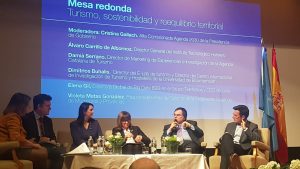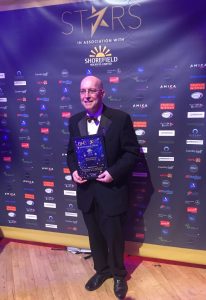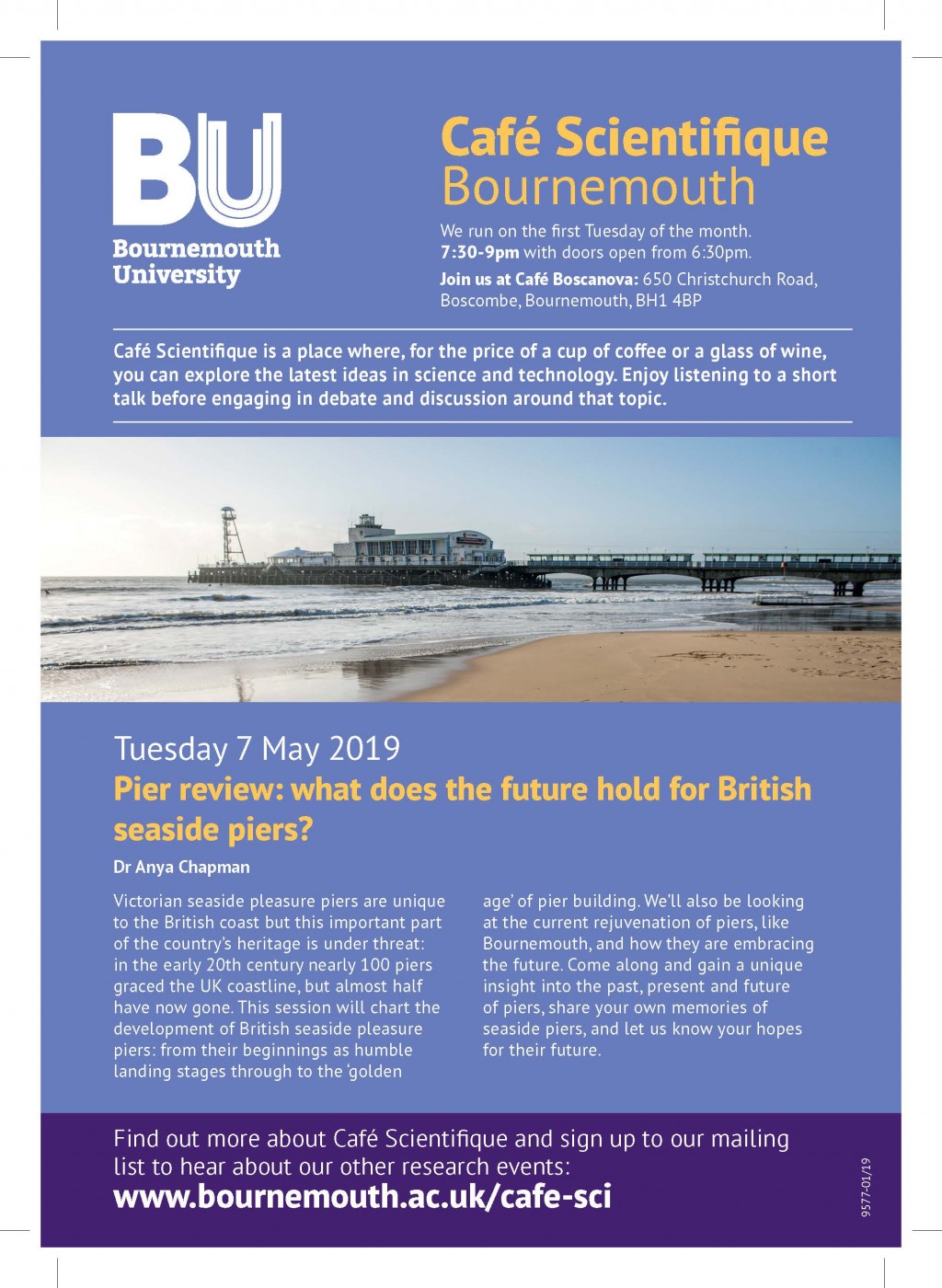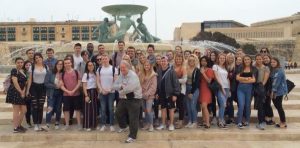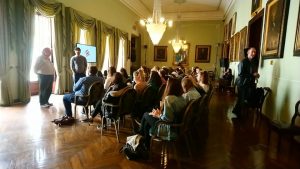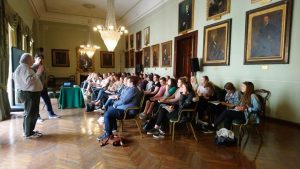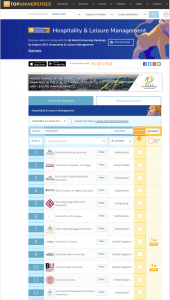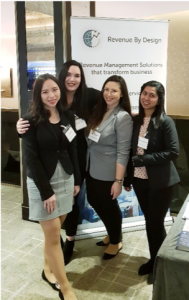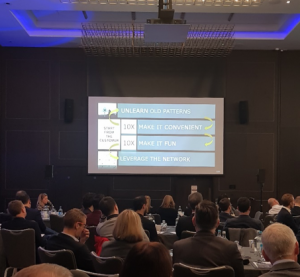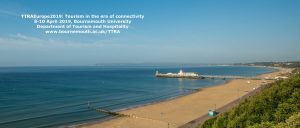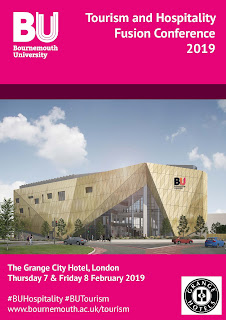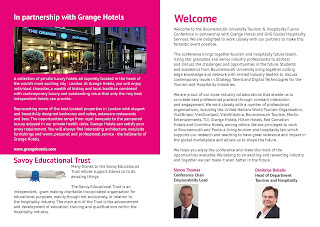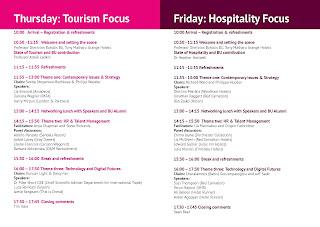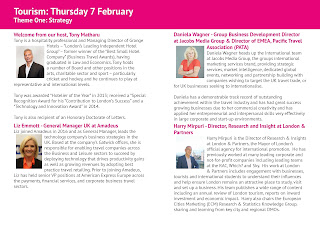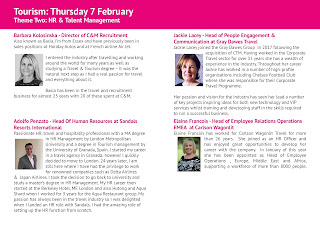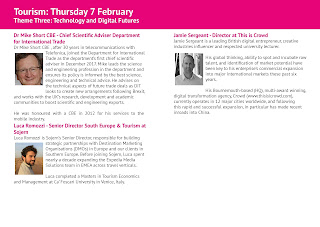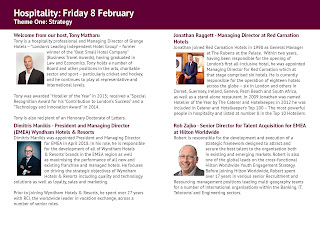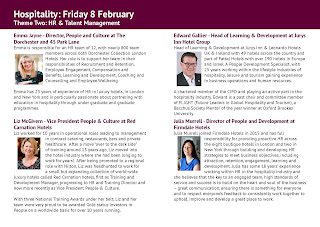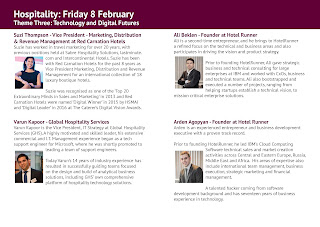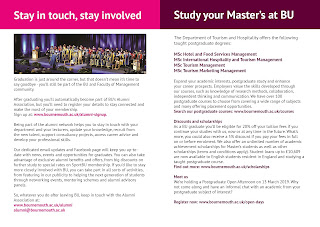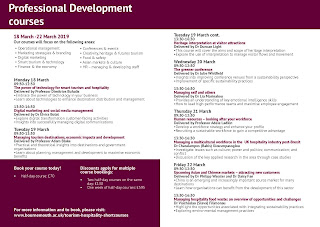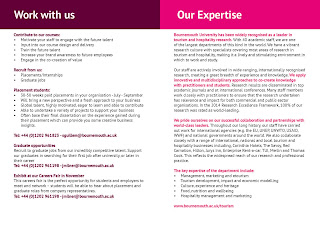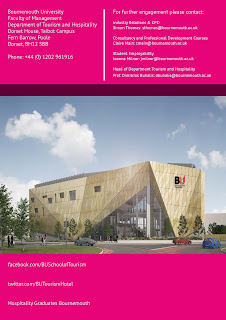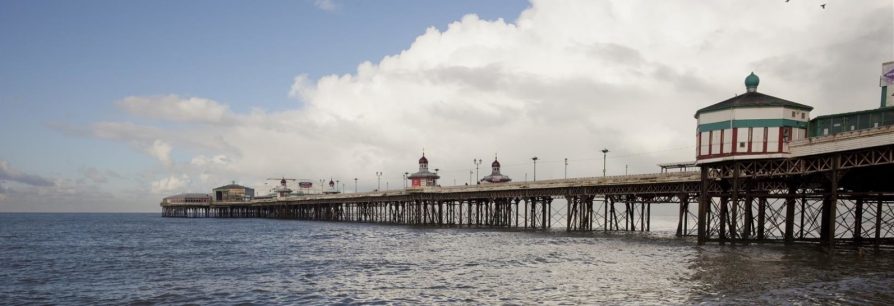Professor Dimitrios Buhalis addressed the World Tourism Organization Forum: Facing the Demographic Challenge Through Tourism and Innovation in Segovia, Spain, 26 March 2019.
The meeting was opened by the Prime Minister of Spain, HE Pedro Sánchez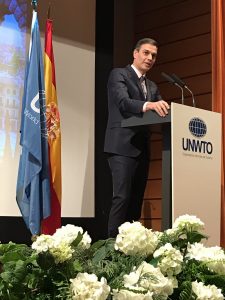 Pérez-Castejón, President of the Government of Spain
Pérez-Castejón, President of the Government of Spain
and Zurab Pololikashvili, Secretary-General of the United Nations World Tourism Organization
Professor Buhalis contributed to the Round Table focused on
Tourism, Sustainability and Territorial Redistribution
Moderator: Cristina Gallach, High Commissioner for Agenda 2030 of the Government of Spain
- Alvaro Carrillo de Albornoz, Director General of Instituto Tecnológico Hotelero
- Damià Serrano, Director of Experience Marketing and Research at the Catalan Tourism Board
- ProfessorDimitrios Buhalis, Director of the eTourism Lab and Deputy Director of the International Centre for Tourism and Hospitality Research, atBournemouth University
- Elena Gil, Global Big Data Director at Telefónica and CEO at Luca
- Violeta Matas González, Responsible for the Tourism Area of the Spanish Federation of Municipalities and Provinces
Professor Buhalis in his intervention he explained the need for the creation of digital hubs that will enable innovations in rural areas and minimise the distance from the global centres through technology. Creating innovative products and services through facilitating a bottom up approach to empower entrepreneurship and support sustainable development will enable the repopulation of rural and peripheral areas. Smartness and agility will empower the development of innovative ecosystems that can address different market segments and create resources for all stakeholders.
